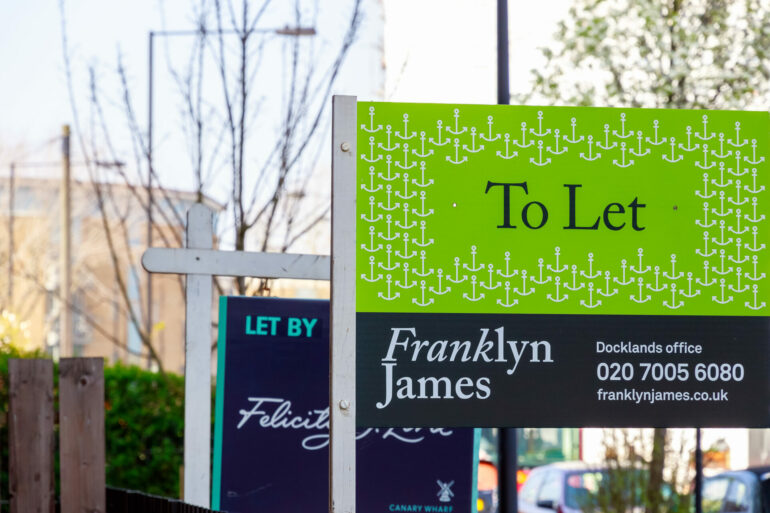Rental inflation has soared into double-digit percentages for the 15th month in a row due to an enduring supply/demand imbalance, according to the UK Rental Market Report from Zoopla.
The report predicts no respite during the bustling summer months when demand is typically up by 40%. Over the last 21 months, rental prices have escalated faster than average earnings, burdening renters, particularly those on lower incomes.
Richard Donnell, executive director of Zoopla, noted that the cost of renting is now at its highest for a decade, with emerging signs of strain for renters on lower incomes. “Boosting rental supply is the key policy lever to support a healthier and more sustainable rented sector,” he added.
The current rental affordability has reached a ten-year high, with average UK rents accounting for 28.3% of average pre-tax earnings, compared to the ten-year average of 27%. Rent affordability is at its most severe in seven of the 12 UK regions. London’s rents are the priciest, consuming 40% of gross earnings, although still below the peak of 43% reached in September 2015.
The report indicates that the supply of homes for rent is unlikely to improve in H2 2023 without an increase in new investment from corporate and private landlords. Rising mortgage rates and a slowdown in the sales market could curb landlord sales and push more owners towards renting out unsold homes. However, high borrowing costs are slowing the pace of new investment.
Analysis shows that higher mortgage rates are particularly impacting 20-30% of landlords with the highest loan-to-value mortgages, increasing the likelihood of a sale upon refinancing. Landlord sales are primarily concentrated in London and the South East, where yields are the lowest and additional equity is required at refinancing.
Emerging signs of stress are becoming more evident among renters. A small but growing number of renters are falling behind on their rent, doubling in the last six months from 4% to 8%. This issue will likely persist, particularly among those on lower incomes.
The report predicts that rental inflation will slow towards 8% by the end of the year, still above earnings growth.
However, affordability pressures are expected to start impacting rental inflation in the highest value rental markets over the next 6-12 months. In more affordable areas, there may still be some room for rent increases.




